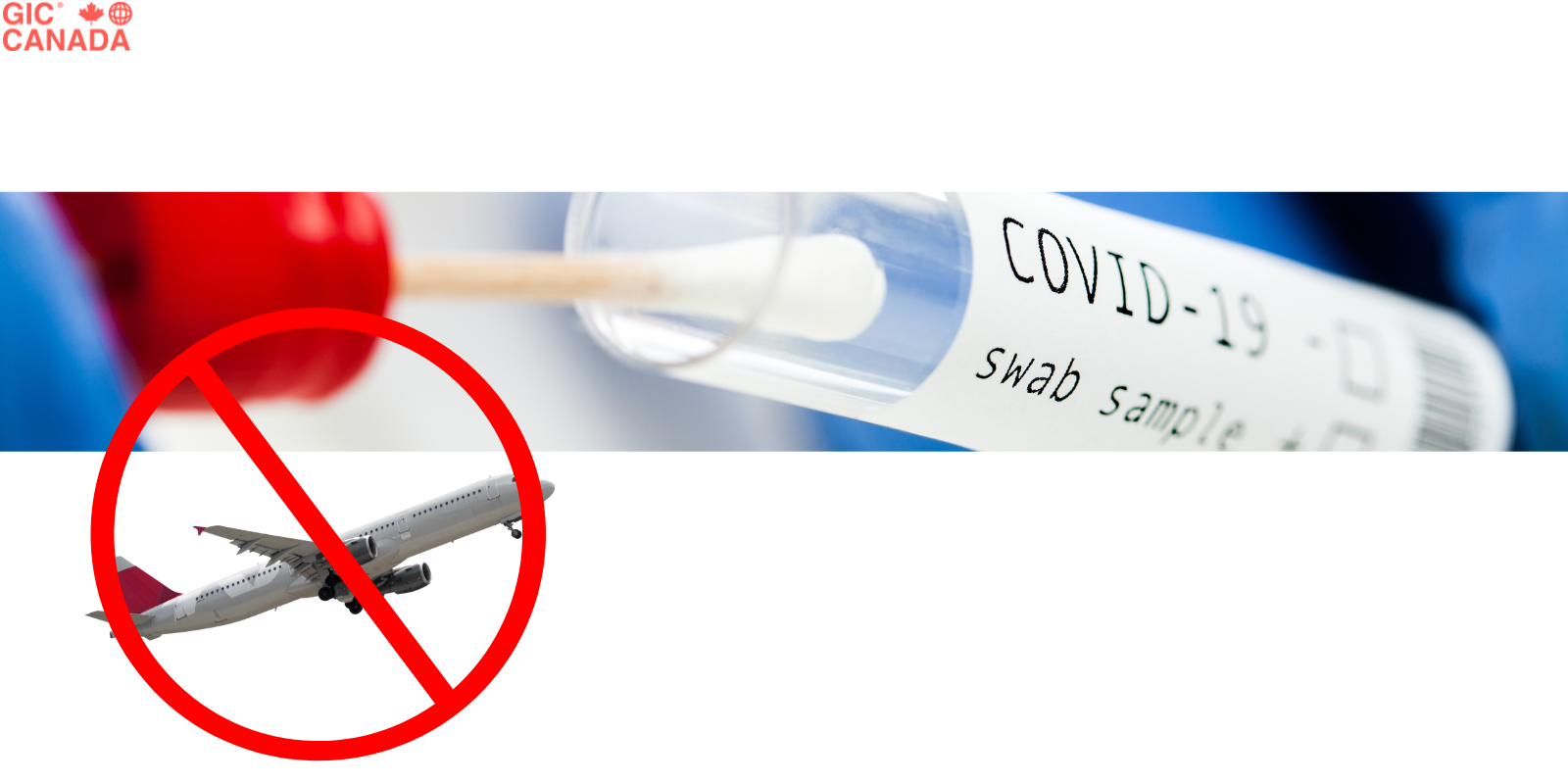Prime Minister Justin Trudeau is set to announce new measures to fight inflation, including details of a dental plan for low-income families, a one-time benefit for low-income renters and a temporary increase in the GST credit, all part of a plan to implement an agreement between the Liberals and NDP.
Sources in both parties said Trudeau and NDP leader Jagmeet Singh will announce details Thursday in separate statements.
Under the proposed bill, the government would allocate money to pay for dental visits for children under 12 to families who earn $90,000 a year or less. According to NDP sources, parents from low- and middle-income families would receive $650 annually for two years for each child to pay for dental visits.
The payments would be a temporary measure designed to cover low-income families while the government develops a permanent dental care program. Eventually, the government may issue a dental card that families can present at doctor’s appointments so dentists can bill the state.
Another targeted measure that was not included in the original agreement between the government and the NDP is also expected to be announced. The government intends to double the GST tax credit for low-income Canadians to help them cope with the rising cost of living.
adians can get up to $467 in the GST tax credit if you are single, $612 if you are married or in a common-law relationship, plus $161 for each child under the age of 19.







